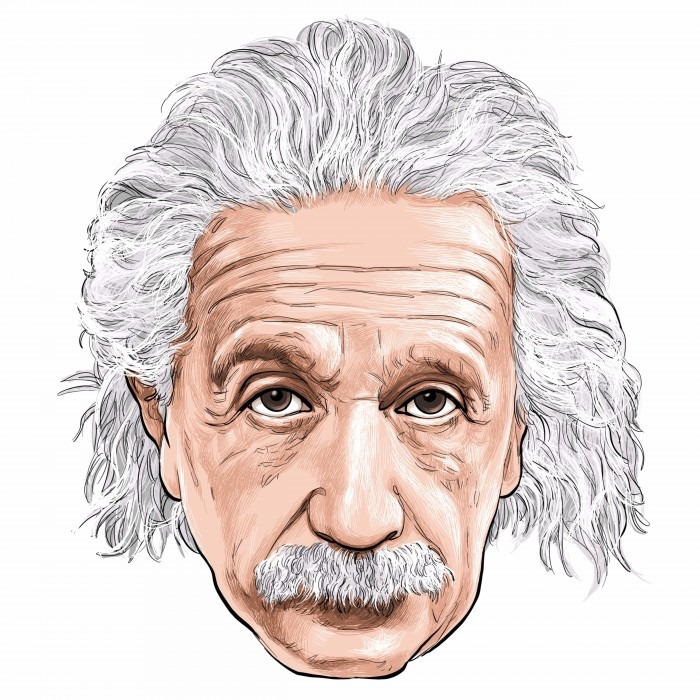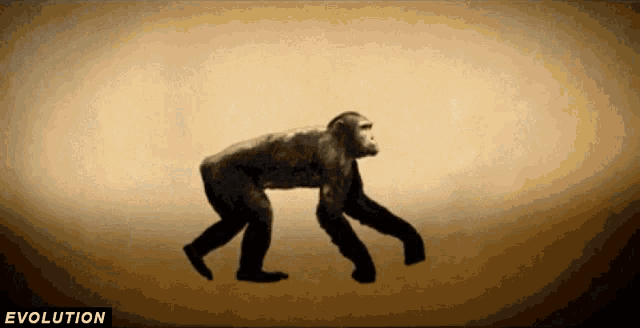
Create a stories with using these words
be able to be maintained at a certain rate or level without depleting resources.
- Eating a plant-based diet can be more sustainable for the environment.
The practice of not eating meat and sometimes other animal products.
- Vegetarianism has become more popular as people consider their health and the environment.

The effect that human activities have on the environment.
- The environmental impact of meat production includes deforestation and greenhouse gas emissions.


The choice regarding what types of food to eat.
- Her diet decision was influenced by her desire to eat healthier and more sustainably.

A diet that provides the right proportions of nutrients.
- Ensuring nutritional balance is essential for maintaining good health.

Issues or problems related to health.
- Health concerns like high cholesterol and heart disease prompted him to reduce his meat consumption.


Story 1: Dr. Green's Global Mission
Dr. Green stood in front of a world map, surrounded by vibrant vegetables. He addressed a global audience about the benefits of sustainable eating. “Imagine if everyone stopped eating meat tomorrow,” he said. “We could improve our health and reduce the environmental impact.” He highlighted the importance of vegetarianism and how it could lead to a healthier, more sustainable future. People around the world began to consider how their diet decisions could make a difference, inspired by Dr. Green's message of change and hope.
Story 2: Maria's Tough Choice
Maria stood in her kitchen, staring at four plates: one with fruits, another with fish, a third with meat, and the last with fast food. She felt confused about what to choose. Remembering Dr. Green’s talk on health concerns and nutritional balance, Maria decided to try a vegetarian diet. She hoped this diet decision would improve her health and lower her cholesterol. As she enjoyed her meal of fruits and vegetables, Maria felt proud of making a choice that was better for her health and the environment. Her small step was part of a larger movement towards a more sustainable future.
Vocabulary
perform a seemingly magical or simple solution to a problem.
- Harry Potter waved his wand to attack the other boy.

To remove completely.
- He is wiping his tears away.

To disappear suddenly.
- The magician vanished in the smoke.

To increase rapidly.
- The price of vegetables skyrockets during the off-season.

To be based on or focused on something.
- Their culture is built around traditional music and dance.

To change from one thing to another.
- Many companies are switching to renewable energy sources.

To grow or develop well.
- The plants thrive in the sunlight.

To develop gradually.
- Species evolve over millions of years.

The person or thing responsible for a problem or crime.
- High sugar intake is the main culprit behind obesity.

To be the cause of something.
- He is responsible for the project's success.

Reading
When we wave a wand and wipe away all meat from our shelves—along with any desire to eat it? Farm animals destined for food vanish, whisked away to another planet. What happens next?
Immediate Changes
Overnight, food-related greenhouse gas emissions drop by about 63%. We no longer get protein from the billions of chickens, pigs, cattle, and tons of fish we consume each year. To fill this gap, our demand for fruits, vegetables, and legumes skyrockets, causing produce costs to soar. In places like Mongolia, where growing vegetables is tough, a sudden lack of meat leaves people with little to eat. Cultures built around meat struggle, and many workers lose their jobs in the collapsing meat industry.
Long-Term Adjustments
Some meat producers switch to growing crops, which leads to fewer respiratory diseases from livestock production. As crop farming expands, prices drop, making vegetarianism cheaper than meat-eating in many countries. Without the need for animal feed, we have more land available for food crops, requiring less land and water overall.
Health and Environmental Benefits
Millions of deaths are avoided each year due to lower rates of heart disease, cancer, and other conditions linked to red meat. We no longer contract new pathogens from wild animals or farmed livestock. Global biodiversity increases as habitat loss and pesticide use decrease. Birds, cheetahs, bees, and ocean species all thrive as natural areas expand and overfishing declines.
Evolutionary Changes
Over thousands of years, humans might evolve to better process plant fats or lose some adaptations, like extracting iron from meat.
Current Trends and Challenges
While many choose vegetarianism, globally, meat consumption is still rising, contributing to climate change. Cattle farming is a major culprit, responsible for over 60% of food-based emissions. Reducing beef, cheese, and milk consumption could significantly lower these emissions—no magic required.
Questions based on the article
A: Food-related greenhouse gas emissions would drop by about 63%.
A: The demand for fruits, vegetables, and legumes would skyrocket, causing produce costs to soar.
A: Regions with harsh environments that make growing vegetables difficult would have little to eat, leading to significant food shortages.
A: Global biodiversity would increase as habitat loss, pesticide use, and other pressures from agriculture decrease, allowing more natural areas to thrive.
A: Livestock production is associated with respiratory diseases, so switching to crop agriculture would reduce this health risk for workers and neighboring communities.
Discussions
A: I might start eating more fruits, vegetables, and legumes to get enough protein and nutrients. It would be a big adjustment, but I think it could lead to a healthier lifestyle.
A: Traditional dishes like barbecue or specific holiday meals that center around meat would be hard to replace. We would need to find new ways to celebrate these traditions.
A: Yes, I tried a vegetarian diet for a month. It was challenging at first, but I discovered many new foods and recipes that I enjoyed. I felt healthier and had more energy.
A: The biggest challenges would be adjusting to new dietary habits, finding affordable alternatives, and dealing with cultural changes. Some regions might struggle more due to their reliance on meat for nutrition and income.
A: The benefits include better health, reduced environmental impact, and potentially lower food costs in the long run. The drawbacks could be the initial high cost of produce, loss of cultural traditions, and the economic impact on those who work in the meat industry.
Do you agree with the statements?




